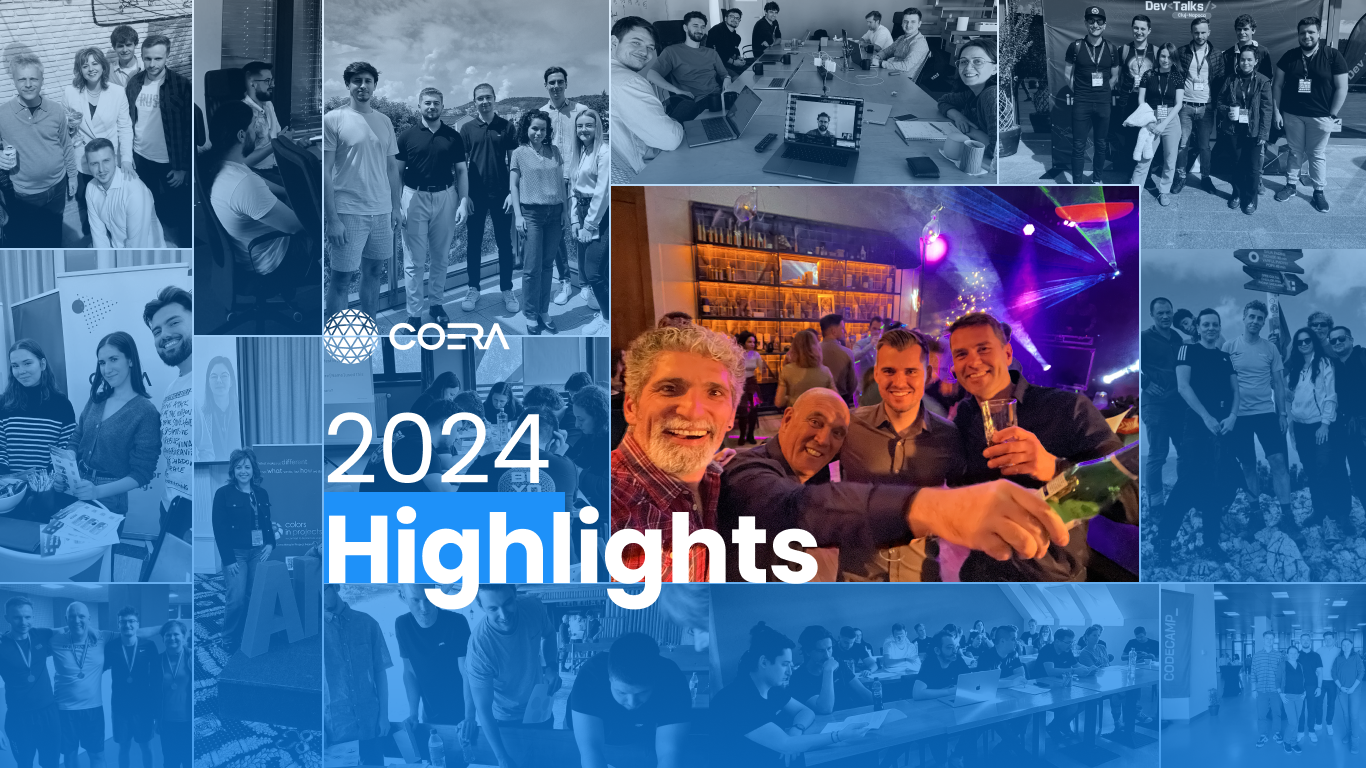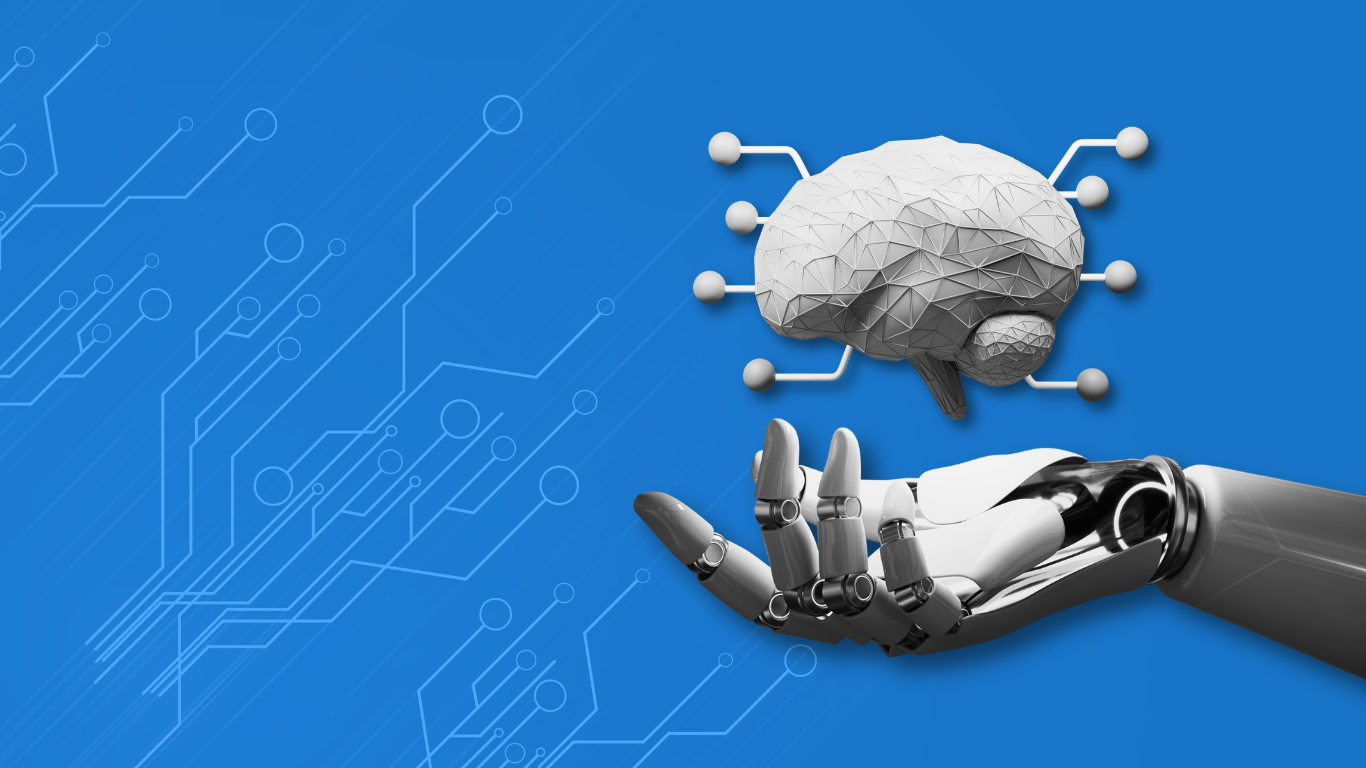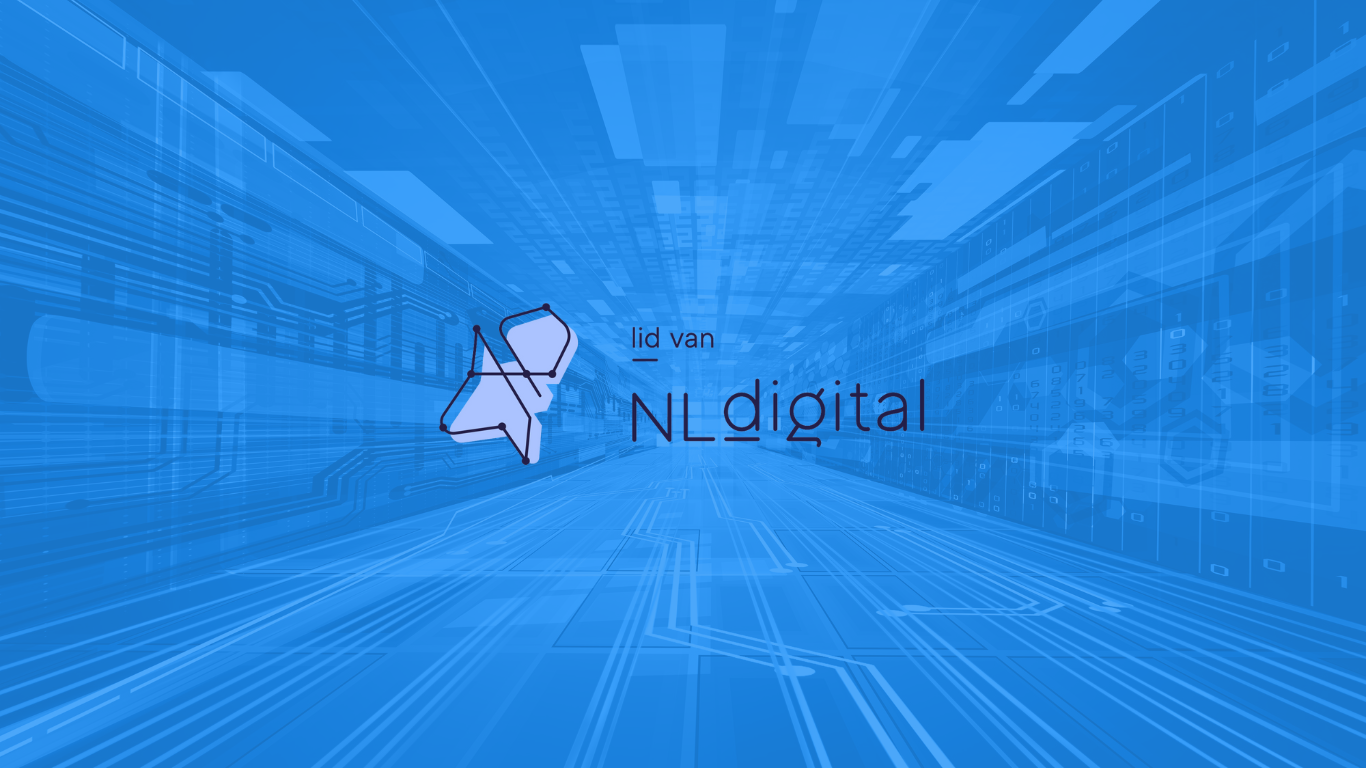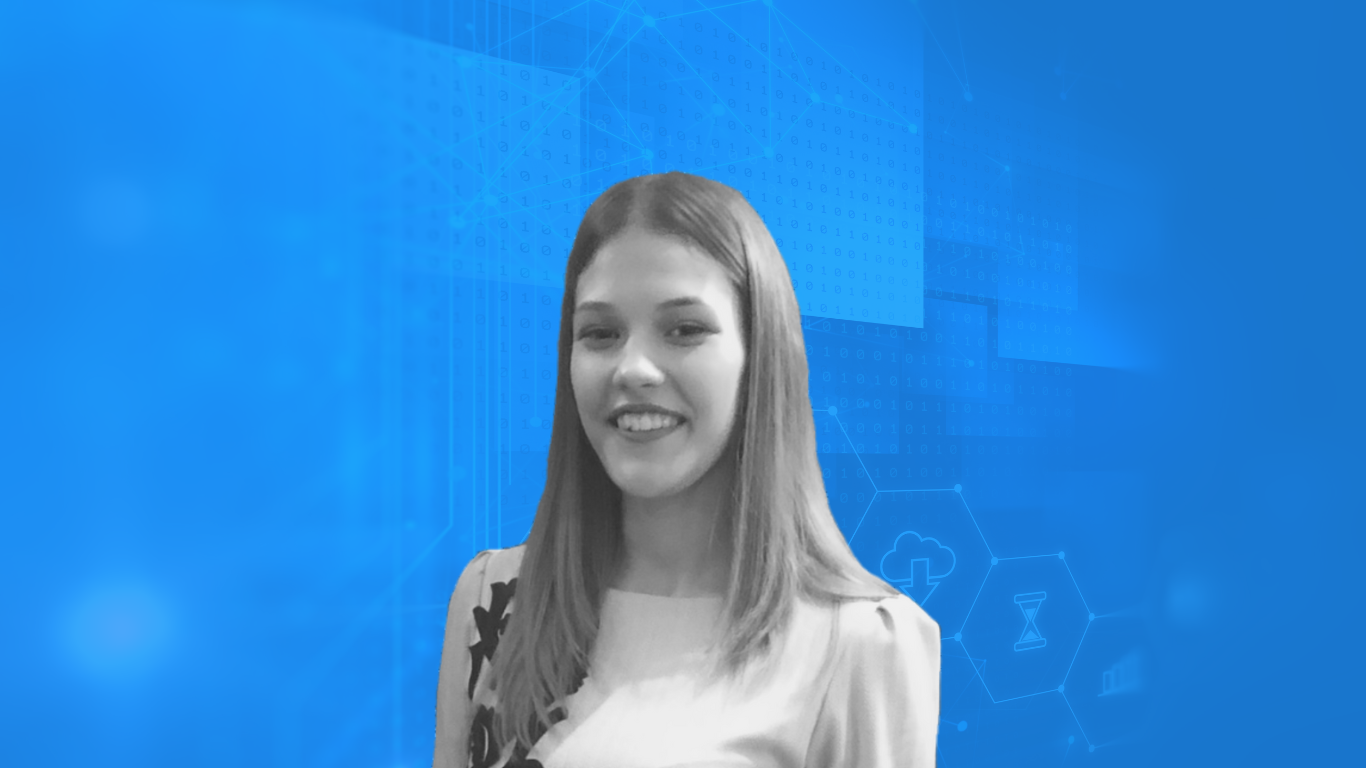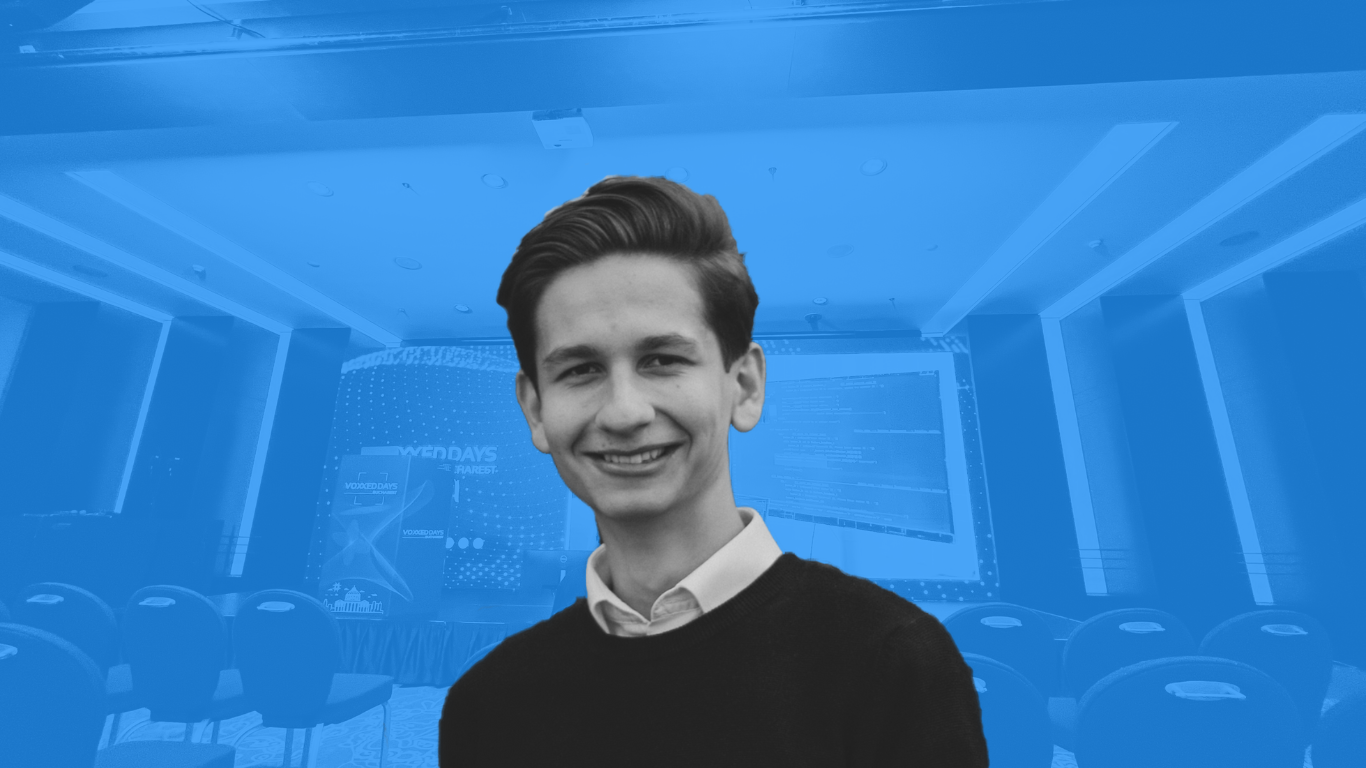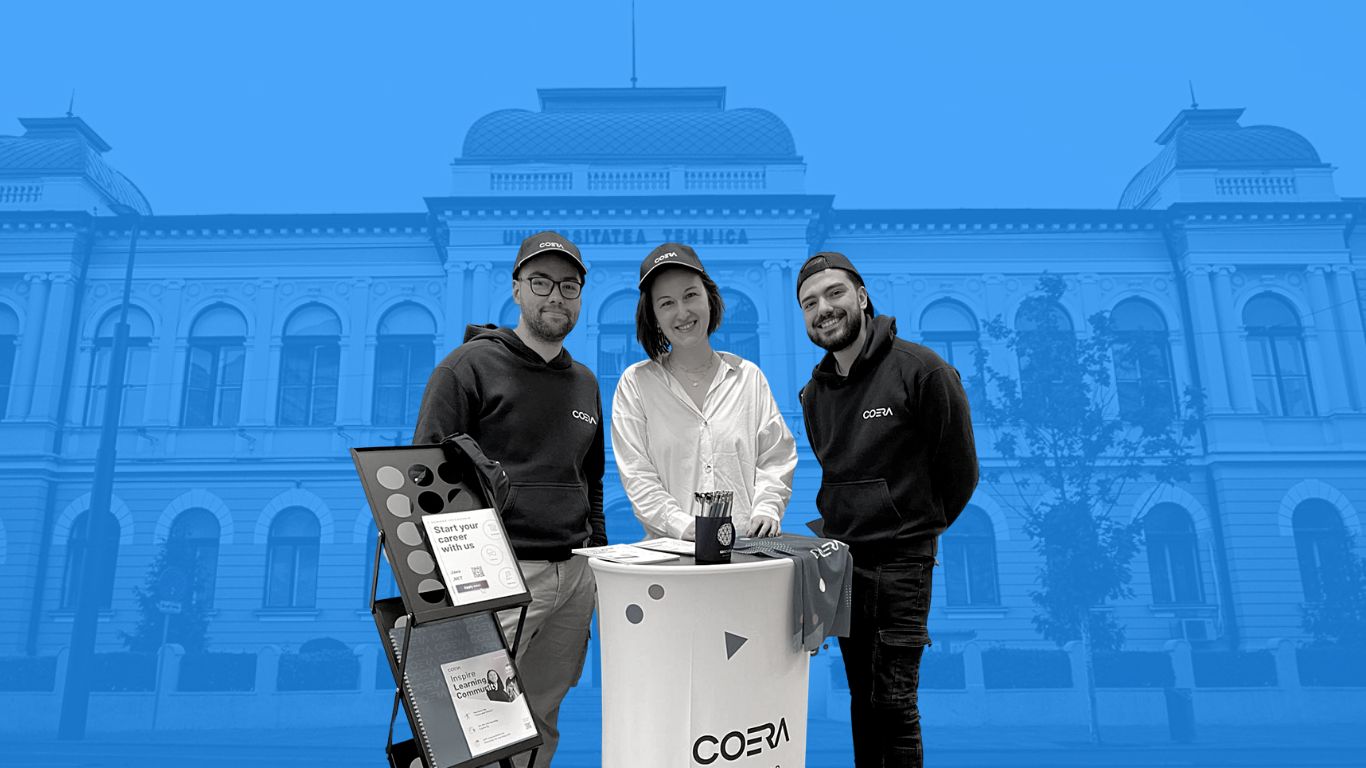Taking place in the culturally rich capital of Lithuania, DevDays Vilnius is a very comprehensive conference, covering a wide range of technologies and best practices in the software development industry. This year’s edition, spread across three content-filled days between the 17th and 19th of May hosted over 40 speakers and more than 10 hands-on technical workshops.
Continuing the conference talks series with our colleagues at COERA, we asked Gabriela Niculita - Senior Software Engineer to share with us some takeaways from this year’s edition and reveal some of her insights on yet another international conference. Tune in to our channels in order to gain access to more articles in this series.
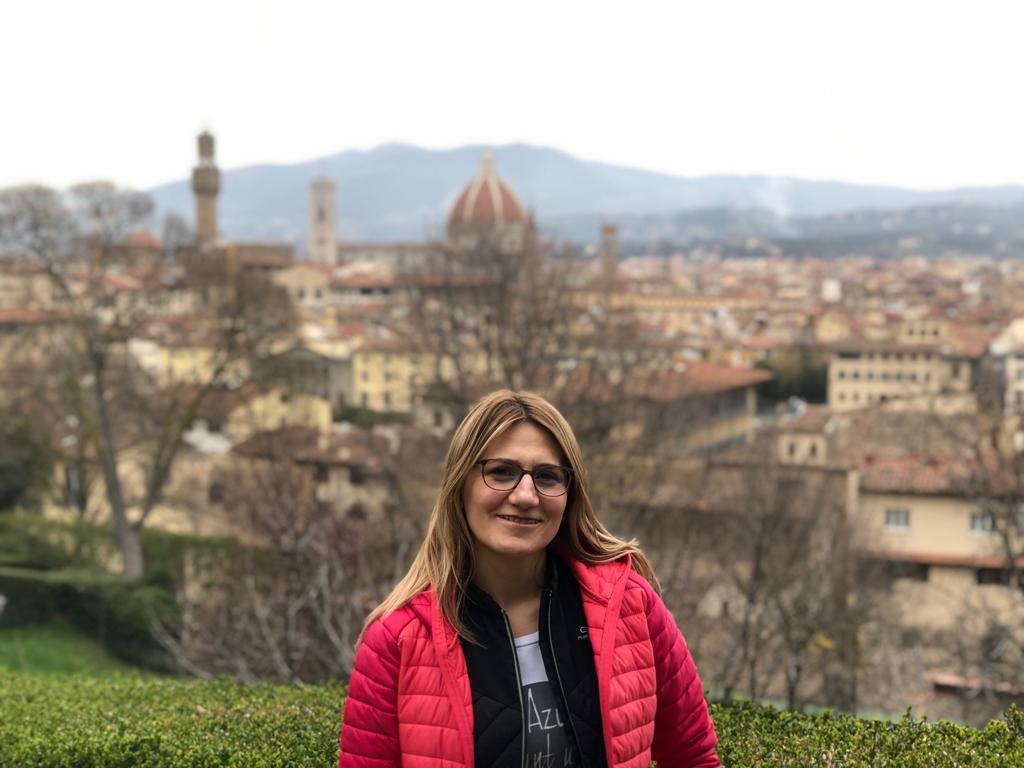
Gabriela Niculita is a proud member of the COERA engineering team. With a strong technical background, she skillfully fulfills the role of a Senior Software Engineer, presently involved in elaborating an identity and access management project. Alongside her technical interest, she invests a large amount of time on her personal development and soft skills.
Alexandra Spiridon: To what extent do you think participating to an international conference accelerates your learning process and how does it differ from a simple self-learning process?
Gabriela Niculita: I would definitely recommend attending to an international conference. There are conferences closer to Cluj-Napoca that are easy to travel to and that have excellent speakers. Also, you can do a lot of networking at conferences. People call this the “hallway” track, where folks just hang out and talk about their work and current technical challenges with their peers. You also see how developers from other countries think. Stepping out of your comfort zone, travelling to a different country is also an opportunity to grow your soft skills.
AS: How did you come across this conference and what drove your interest in participating?
GN: This conference is indeed not that well known to us, since Lithuania is quite hard to reach (laughs). My husband was a speaker at this conference and I had the opportunity to accompany him. First of all, I found it to be particularly focused on developers. The topics revolved around several different technologies, some of which posed a particular interest to me. Generally, larger conferences have a higher number of tracks and this way you find it easier to choose what sessions to attend to. Second, because it was held in Vilnius. I find it nice that when you go to a conference not only do you discover new technologies and advancements, new people, all kinds of topics relevant to your fields of interest but not restricted to that, you also discover cultures, and that’s nice.
AS: What were the topics that you chose to explore?
GN: Somewhat surprisingly, I discovered Internet of Things again, since I wasn’t in line with the advancements in this field. I especially liked the definition presented by the speaker tackling this subject: IoT means „taking the physical world and bringing it into the electronic world”. I found it interesting that the speaker brought to light a new idea, which is how to improve your business using IoT, and to somehow become fairer towards your clients, your customers.
He used a car rental company as an example. Currently, when people decide to rent a car for say 5 days, they pay the fees according to the car’s size, its features and so on. However, they might not need it for, say, 10 hours a day. In reality, they might be using it for only 2 hours per day, but they pay the whole price nonetheless. Also, another reason the car is wearing down is related to the individual’s driving style, therefore an aggressive style would produce more damage to the car. So, you could make use of IoT and install sensors in many places in the car, collect and analyze this data and pay according to all of these factors.
AS: Tell me more about some other subjects that particularly appealed to you at this conference.
GN: I am very preoccupied by the processes part. In fact, not only processes, but also how to constantly improve what you do: to improve things in a team, in a project, in an organization and so on. I always had an interest for the concept of technical debt. It’s when we take “shortcuts” in our work in order to meet deadlines. We forego a refactoring, we assume we’ll get to it in the next version or next time and so on and so forth. Last year at CraftConf in Budapest I came across a very interesting idea. It was a principle I started applying: „Never ask permission to do your job properly”.
This year, technical debt was the main subject as well. More specifically, how to address it, how to easily identify it and different mechanisms to help you recognize it. For example, you can make use of Git Version Control to find out what classes change most often and which ones pose the most problems. Nowadays there are many tools to help you analyze code quality. If there are security problems, the speaker advised us to identify those classes and change the problem there, because the impact will be most prominent. Besides this presentation on technical debt and code quality, there was a session on continuous deployment. I learned more about Ansible and Kotlin.
AS: Are you using any streamlining tools in your current work projects?
GN: We are. To analyze our code, we use static analysis. Everyone’s target is continuous deployment. I feel like when you make something, you have to think there will be another developer behind you, or that what you are producing must be quality work. It’s obvious, if I will analyze the code a few months from now, I will surely discover improvement areas. You evolve as a developer as well as you evolve as a person. Of course, there will be things you could have done better, but somehow you have to do your best at that moment.
AS: What proved useful regarding the technologies you are currently using in your work projects?
GN: I gained some Ansible knowledge. There was a presentation on this topic and the speaker seemed to have been working quite a lot with it. He gave us some best practices regarding this topic. There was another presentation on Java 8 and it’s interesting because apparently it won’t suffice to simply upgrade your JDK, let’s say. You also have to think about how to best leverage the new features and capabilities now available to you.
There were tips and tricks, code examples in which you write Java 8, and an emphasis on how important it is to understand a certain functionality that the framework is offering. The speaker gave us real-world examples, pointed out the errors and, as I have previously noticed as well, he told us a lot of developers make very similar mistakes when migrating their Java 8 projects.
AS: Would you recommend this experience to someone else? What advice would you give to them?
GN: I think I would encourage anyone to participate at least once. You can start out with a local conference, a one-day conference even. I think we are lucky because in Cluj there are many local conferences. For example, IT Camp. CodeCamp is another good initiative and it is a free one-day conference held over the weekend so the barrier to entry is non-existent. You come into contact with different subjects, starting from business and management to technology and others. I think it’s also an opportunity for you to evolve and an opportunity to have access to a conference for free.
In order to get the most from attending a technology conference I would recommend to: research the agenda by reading full session descriptions on the web-site, build your agenda beforehand and always have a Plan B in case the session you picked out isn't what you expected.
AS: Lastly, if you were to sum up all of your experience at DevDays this year into three words, which ones would you use?
GN: I think it was. I think it’s something for your soul. That’s how I see it. You have 2-3 days in which you are open to absorb as much information as possible. I think it is something for your inner developer, programmer soul (laughs). The way you invest in vacations, in sports, I think you have to expose yourself to these kinds of experiences, to conferences. It was fun as well. Also, I think it opened up my appetite for learning. After this conference I came home and started to look for books covering the domains that I want to further explore. It can open up new opportunities for you. I think I used more than three words! I think it’s something for your programmer soul. This part is fun too, because it boosts your desire to learn.

